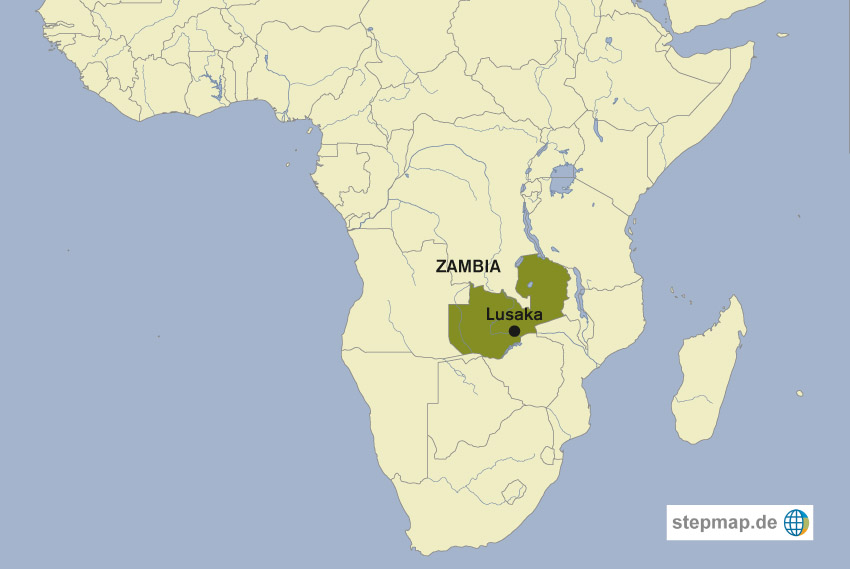Sex education
Baby dumping

Some time ago, a teenage girl arrived at the Tamale Teaching Hospital, bleeding profusely from her uterus. She had taken Cytotec, a drug for stomach ulcers that can cause abortions. The doctors tried to save her, but she was dead within three hours of her arrival. “In cases of unwanted pregnancies, girls will try anything,” says Rhoda Zakaria, principal nurse in the gynaecology ward at Tamale Teaching Hospital. “Some use drugs, others drink home-made concoctions, some use a broken bottle. Often these methods fail and the girls suffer complications,” Rhoda adds. In the worst cases, they die.
In rural Ghana, there is no sex education. Due to cultural taboos, children fear to discuss sexual feelings with their parents. One teenage girl told me: “I feel shy to ask my mother questions.” Another said she just feels confused: “I wonder what to do and how to behave.”
Lack of information leads to unprotected sex and unwanted babies. Many babies are abandoned. In 2010, the Tamale Children’s home received 25 “dumped” babies that people had found. In 2016, that has not happened however. Augustina Quinoo of the Tamale Children’s home claims that “these days we have only real orphans.”
One reason is that many girls now use imported emergency contraceptives to avoid unplanned pregnancies. Outside the children’s home is an over-the counter licensed chemist. The attendant, Iddrisu Fuseini, says girls often “buy morning-after pills”.
Some organisations tell the youth to abstain from sex – and, if they don’t, to use contraceptives timely. in Tamale in mid-March, an educational camp with the title “Empowering the girl child through quality education: changing life” was organised by the Northern Region Education Unit. Addressing some 200 teenage girls, a speaker said: “If you haven’t tasted a man before, my dear daughters, just stay away – don’t taste it. Is this clear?” – “Yes”, the girls answered. But then he took another approach: “But if you have tasted it before, please, next time you are going to do it, look for condom. Is this clear?” This is the kind of open talk that most parents in Northern Ghana will avoid, but it is the right way to prevent unwanted pregnancies.
Maxwell Suuk is a journalist and lives in Northern Ghana.
suuk.max@gmail.com












